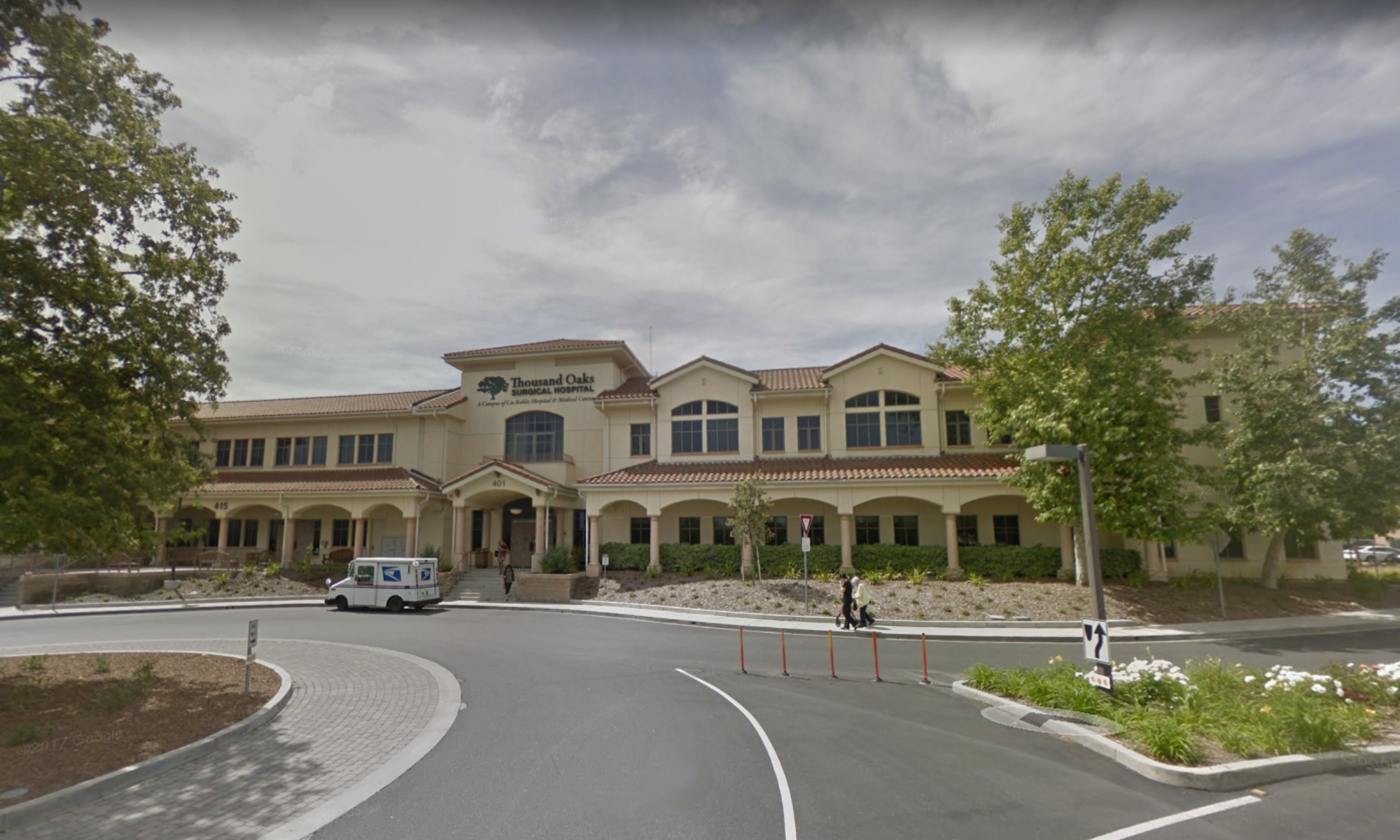
In my opinion, the answer is generally no; don’t pay your rent for now.
Why? Because it’s probably the only leverage you have over your landlord right now, and it is good leverage which most tenants don’t typically have with a landlord. A relevant Costar News Article discusses how The Cheesecake Factory is one of many examples of a business that has found it impossible to pay rent. If you pay your rent as usual, why would a landlord offer you any kind of help?
I have been receiving many calls from business owners from existing clients and those that are becoming new clients related to what they should do regarding their commercial real estate leases. Negotiate to terminate the lease early, sublease or assign the leased space, apply for governmental aid, make an insurance claim, etc. are some of the potential options. There are pros and cons to each option but one of the best options for a tenant right now is to simply not pay your rent.
Not paying your rent might not be a good idea if your landlord has offered you a reasonable alternative such as not paying rent now and adding on the deferred rent to your lease. This could be done either at the end of your term, via a term extension for three months, or whatever length of the deferred rent amounts to in months, or in some other fashion like raising your rent in the future to recoup the abated rent. However, if this doesn’t work for you for some reason, then you have to find a different solution like one of the ones mentioned in the paragraph above. Here is a link to another article on this subject that you might find of interest.
But what if you ask the landlord for some kind of help and he isn’t responding to you? Then in my opinion, not paying your rent could be your best option. Landlords and lenders both don’t want empty buildings as landlords might give a building back to a lender if too many tenants aren’t paying rent or vacating. My experience is that by not paying rent you will get your landlord’s attention and get a response with what the landlord is willing to do for you quickly.
Some of my clients I have spoken with are worried about litigation if they don’t pay their rent. “Won’t the landlord evict me?” or “Won’t this hurt my credit?” The answer to these questions is that the courts aren’t open now and might not be for some time. And if the landlord has to spend a lot of money on legal fees chasing a lot of tenants and creating a lot of vacant space at their property that traditionally has not gone well for a landlord or a lender. Also, you can always change your mind and pay the rent once you get a notice of default as long as you pay within the allotted time but even then most times I would probably recommend that you still don’t pay.
Doug Schneider of Alabama-based Bayer Properties knows what store and shop owners are struggling with amid this COVID-19 crisis. In a recent Costar News article, Tony Wilbert states:
“To help, Schneider, the executive vice president of operations at Birmingham, Alabama-based Bayer Properties, is starting a program to help tenants access some of the money available to them as part of several federal programs, including the Coronavirus Aid, Relief, and Economic Security (CARES) Act and Small Business Administration Economic Injury Disaster Loans (EIDL). Tax credits are available under expanded provisions of the Family and Medical Leave Act as well, he said.”
Here is another great article from Bisnow: The Coronavirus Tenant-Landlord Playbook Revealed.
Each situation is unique and needs to be figured out carefully, so run it by your attorney, CPA or other counsel if you want help making the right decision on how to handle what you should do regarding your commercial lease. I have settled these types of matters both as a landlord and tenant hundreds of times so I can assist you if you need help. Reach out at david@djmcre.com or 805-217-0791.
Here is a resourceful list of additional relevant articles:
- Lawmakers Jump Into Business Interruption Debate As Fate Of CRE, Insurers Hang In The Balance
- ‘There’s A Wave Coming’: CRE Debt Players Think May Will Be Worse Than April
- Real Estate Group Warns Pandemic Could Worsen Effects of California ‘Split-Roll’ Tax Measure
- ‘Everyone Is Tense’: Office Owners Demand Proof Of Hardship As Tenants Seek Relief








